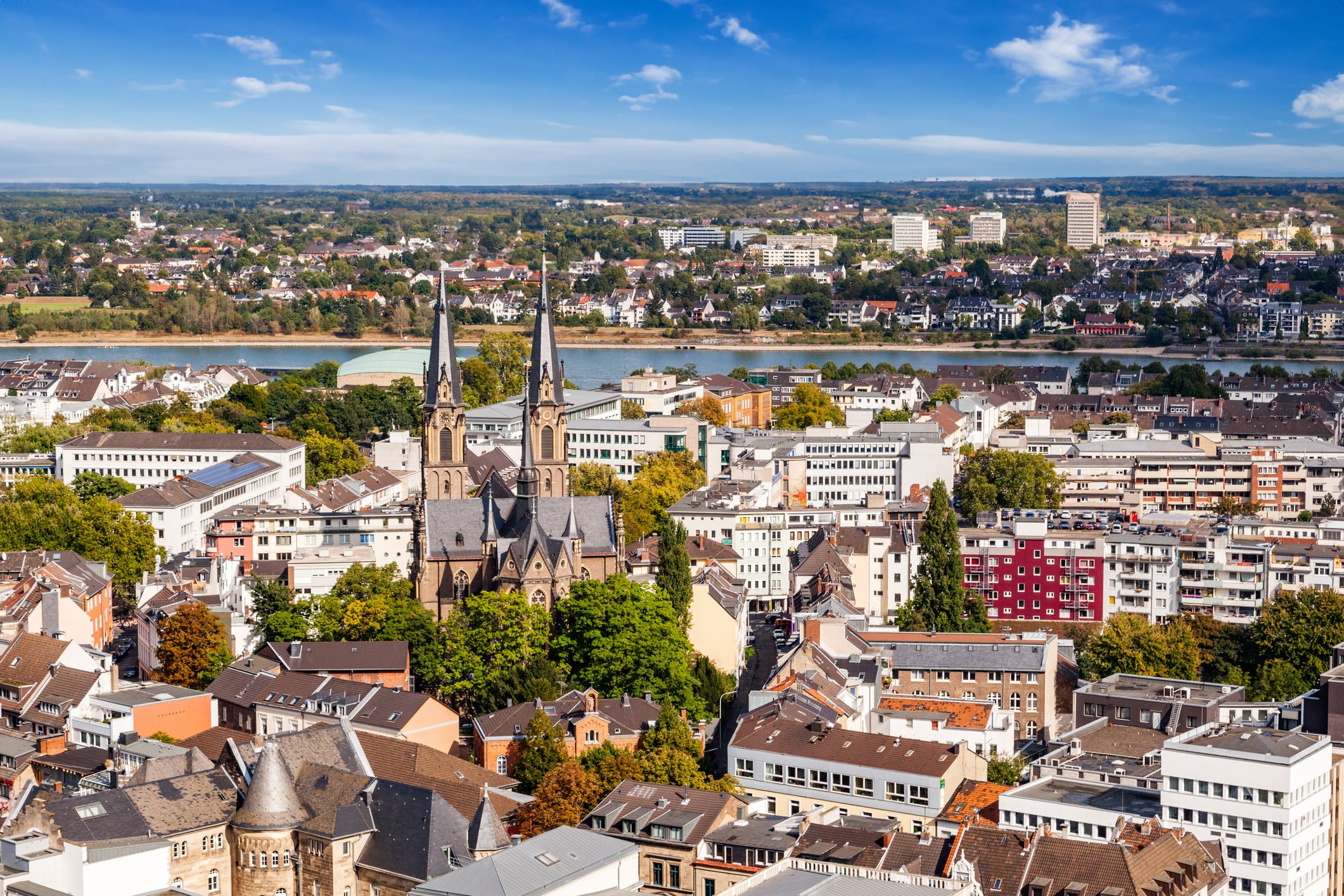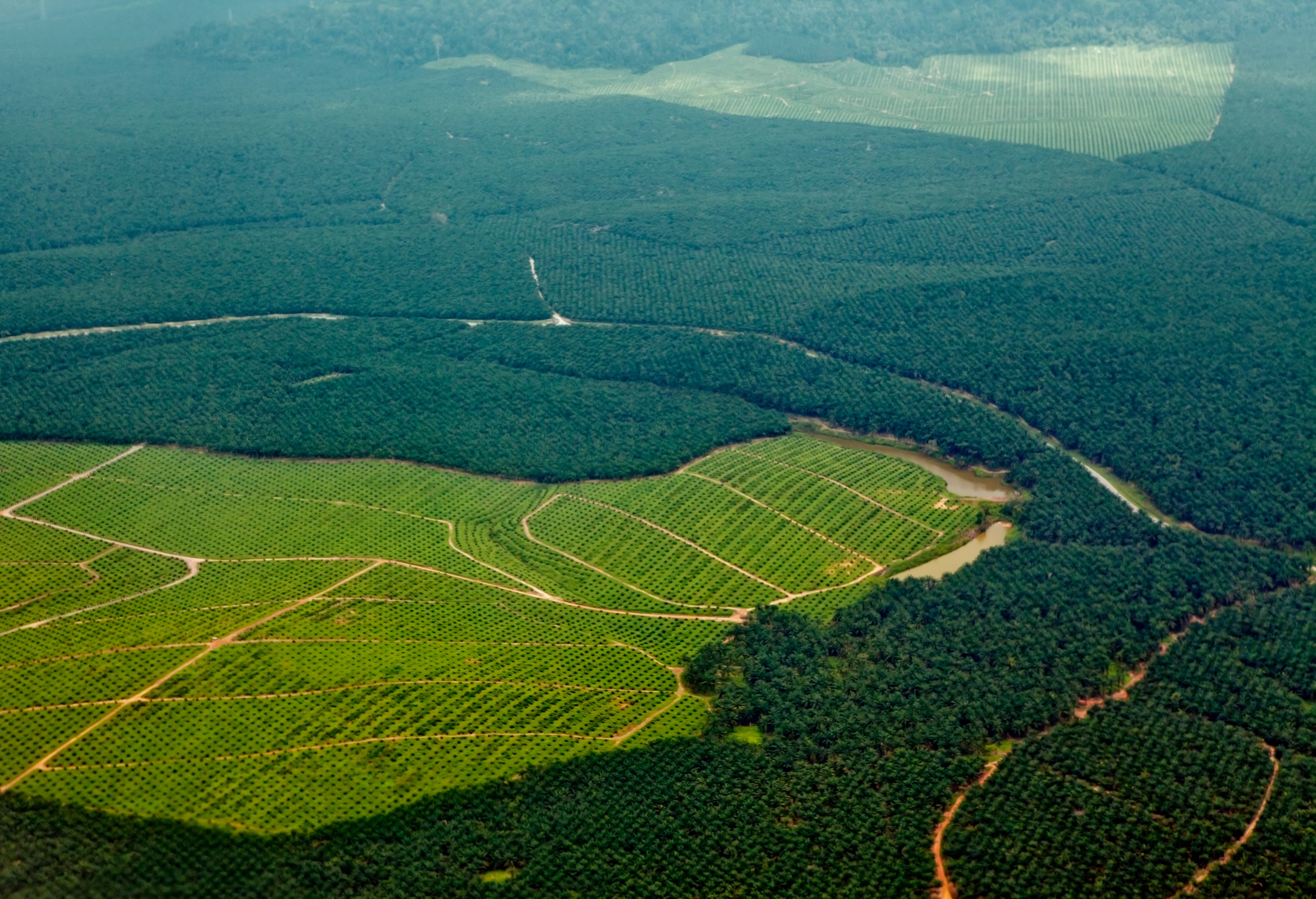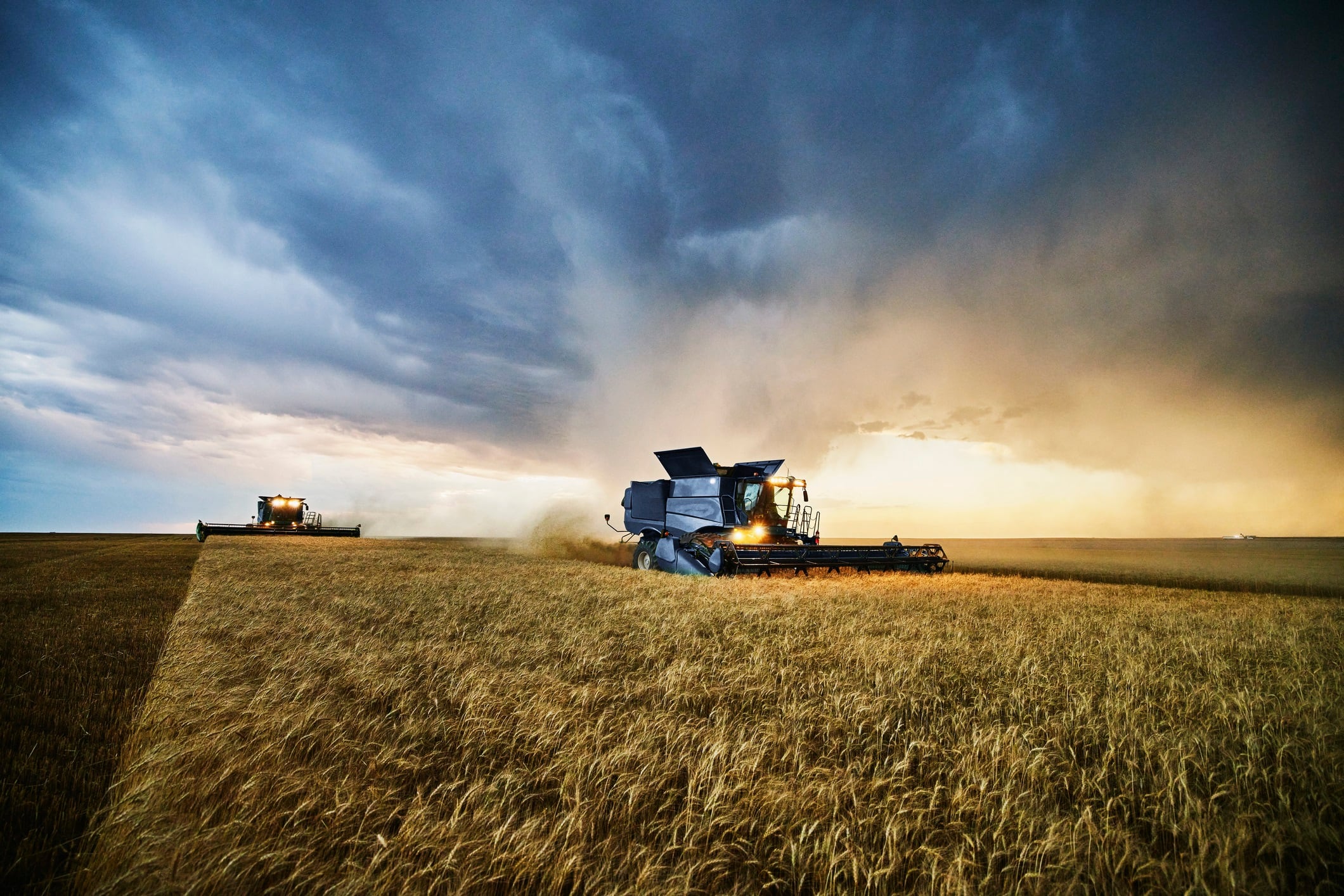Before the world’s eyes are drawn to COP30, which will take place in Brazil later this year, climate talks were held in Bonn, Germany. These talks, which take place annually in the same city, are smaller scale compared with COP, often setting the groundwork for the main event.
In any climate change discussion, however, no matter the scale, food remains important. Food production accounts for around 26% of greenhouse gas emissions globally, according to Our World in Data.
Of course, food isn’t always given the attention that this statistic demands.
Did the food system receive its due focus at Bonn this year? More importantly, did the talks yield any productive, conclusive developments on food system sustainability?
Was food a talking point at Bonn?
This year, the Bonn Climate Talks took place between June 16 and June 26. These early talks were an opportunity for the Brazil presidency to outline its vision for COP30, which will take place in the Brazilian city of Belém in November this year.
Some areas of food were addressed. The conference made good on its pledge last year to focus on agriculture, and talks on this were held on June 17.
“Experts and parties (member states) were looking at holistic and systemic approaches to how we can bring food systems and agriculture in line with the climate goals,” explains Juliette Tronchon, Head of UN Affairs at ProVeg International.

Talks were held on regenerative agriculture, which brought the issue to a head.
“Regenerative agriculture featured in several sessions, but it’s still far from being treated as central to climate solutions,” explains Harko Koster, global lead for climate and food systems at agrifood non-profit SNV. SNV is a partner of the Action on Food Hub, which also includes EIT Food and Proveg International.
“In many of the regions where SNV works—including East Africa, the Sahel, and Southeast Asia—smallholder farmers are already applying agroecological and low-emission practices to sustain livelihoods and ecosystems under pressure. These approaches work, but they remain under-recognised in global financing and policy frameworks."
While no decisions were reached, explains Koster, he feels that there’s “growing momentum” to elevate regenerative agriculture models into both national action plans and investment priorities.
However, he criticises the “continued fragmentation in how food, water, and energy systems are addressed—despite their deep interdependence," which limits the potential for a longer-term, structural change.
Food systems are on the agenda at Bonn: What about COP30?
Looking ahead to COP30, the Brazilian presidency announced its agenda for Mutirão, the main initiative for COP30. Five action points were laid out for this, which included “Food Systems” and “Forests, Oceans and Biodiversity.”
It was also confirmed that the Action on Food Hub will be present at COP30, as it was at COP29.
A ‘Declaration on Plant-Rich Diets’, which calls on national governments to promote “healthy and sustainable” diets, was also launched at the event.
The declaration, which was put forward by ProVeg, called on national governments to create National Action Plans to increase consumption of plant-based food.
The declaration pointed out that most countries consider agrifood a priority for climate change mitigation (91%) and adaptation (94%) in their Nationally Determined Contributions (NDCs) for climate change.
The declaration has three goals, explains Tronchon: to encourage countries to include commitments around plant-based diets in their policy frameworks; to raise awareness and inspire action among national governments; and to get at least 100 signatories for the declaration (which can be from governments, councils, cities or civil society organisations), particularly in key regions such as China, Nigeria and Brazil.
The declaration has been signed by a wide range of civil society organisations, including the European Vegetarian Union and Mighty Earth.





